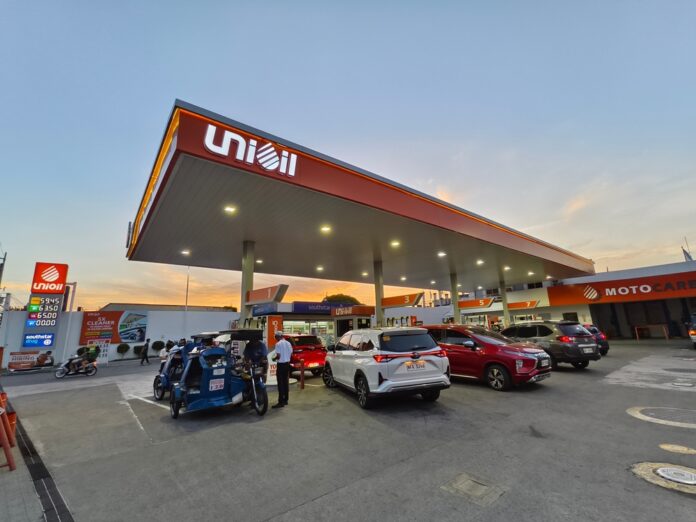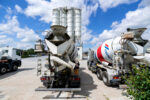Fuel prices surge for the third consecutive week this year, marking the largest price hikes thus far. Beginning Tuesday morning, retailers will increase the price of their petroleum products, with gasoline up by P1.65, diesel rising by P2.70, and kerosene seeing a P2.50 per liter jump.
This latest round of price hikes is attributed to a combination of factors, including the ongoing effects of fresh U.S. sanctions against Russia. The sanctions are particularly affecting fuel supply chains and global crude oil markets, pushing prices higher, especially in Asia.
Local fuel companies like Seaoil and Caltex have adjusted their prices accordingly, raising gasoline by P1.65 per liter, diesel by P2.70, and kerosene by P2.50. Meanwhile, other retailers such as Clean Fuel, PTT, and Jetti have followed suit with similar price hikes.
As of 14 January, the Department of Energy (DOE) recorded the following prices in Manila: gasoline (RON91) at P58.70 per liter, diesel at P58.55, and kerosene at P72.73. These increases mark a total net hike of P3.45 per liter for gasoline, P5.00 for diesel, and P4.30 for kerosene over the past three weeks.
According to Leo Bellas, president of Jetti Petroleum Inc., the primary driver behind these increases is the latest round of U.S. sanctions against major Russian oil companies, which are expected to disrupt oil supply chains to key Asian markets like China and India. In addition to the sanctions, a cold snap in Western countries is further tightening global crude oil supplies, pushing prices upward.
The price hikes are likely to put additional strain on vehicle owners, especially as fuel costs have already seen a significant rise in the early weeks of the year. With global geopolitical tensions and unpredictable weather patterns continuing to affect energy markets, the outlook for fuel prices remains uncertain.
For now, consumers can expect to pay significantly more at the pump, making it an especially costly start to the year for motorists.







